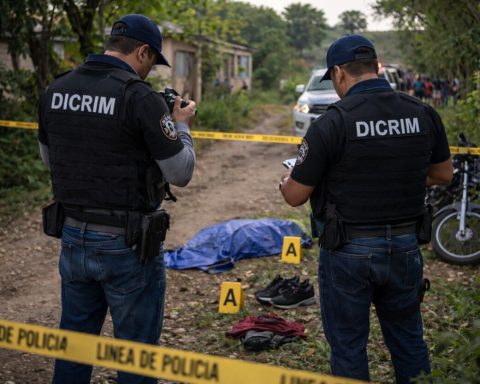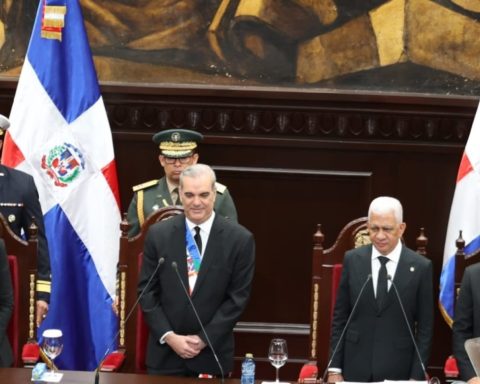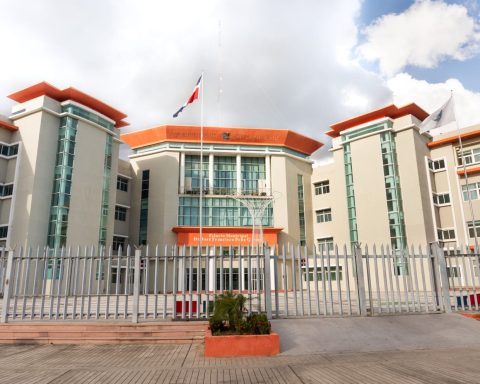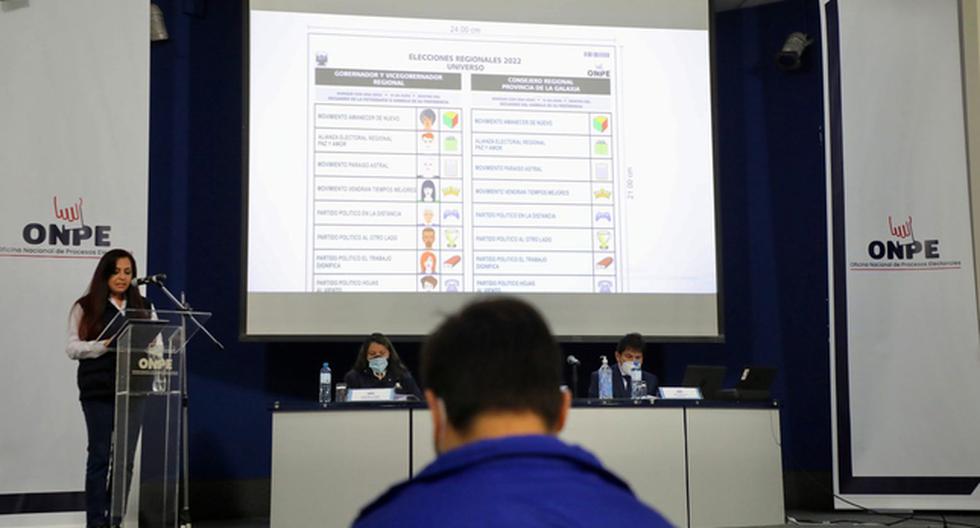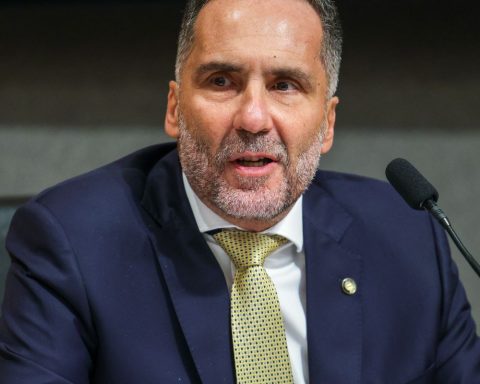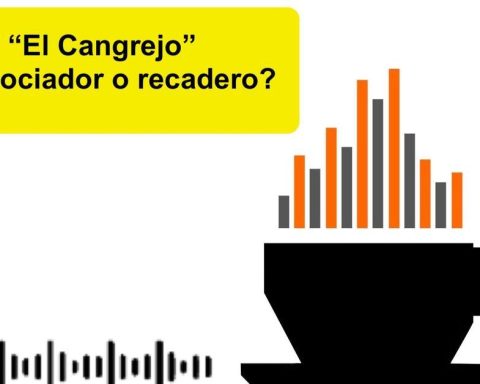What makes the most interesting elections which will be held in Colombia next Sunday, June 19, is the possibility of a break with a tradition that has been going on for many years. Indeed, it may happen that a leftist candidate wins the presidency, in a country accustomed to presidents being centrist or right, and accustomed to leftists being members of radical movements, some of them protagonists of an armed conflict that affected the life of the nation for decades. From that angle, the possibility that Gustavo Petro, 62, an ardent defender of ecology and with a revolutionary background, could become president of the country, has different implications than it would have in other Latin American nations, in which regimes of left and of right They have alternated in power.
The regional context shows an evident shift towards left, resulting from problems stemming from a combination of causes, ranging from the pandemic to inflation. The latter is especially detrimental to ruling political parties, given the well-proven tendency of a country’s population to blame price rises on the governments in whose exercise they take place. From a scenario dominated by conservative regimes, the region has been assuming a more leftist political coloring.
Though Colombia shares these difficulties, it is not certain that the voters will decide to resort to Petro, leader in the results of the first electoral round held last month, so that he will be the one to solve them. His adversary, champion of the fight against corruption despite being involved in an investigation, has in his favor the conservative trajectory of the country and the fear of radical policies.
But when perceptions of injustice and inequality are added to inflation, popular discontent with the established order increases significantly.

